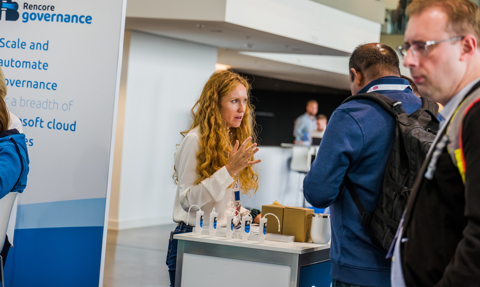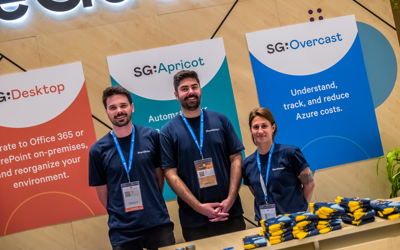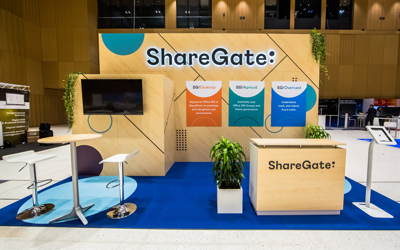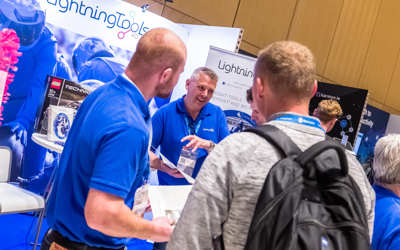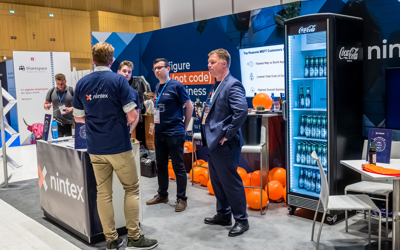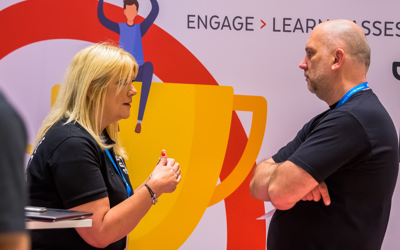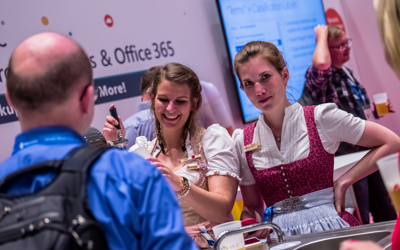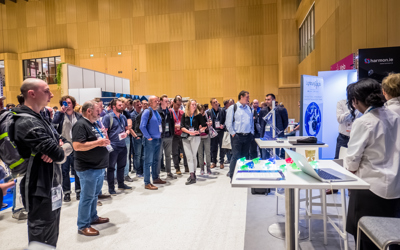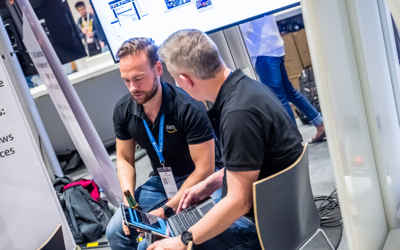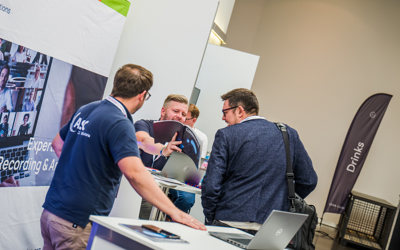Sponsors are one of the key players when organizing an event. They contribute not only to the event's profitability but also to its content and overall appeal. However, event sponsorship management is anything but simple. Quite often, you don't know who actually will be present on the venue premises from the sponsor's side until almost the event date. There are always some changes happening, and many sponsors are regularly behind schedule with their tasks.
Furthermore, suppose you organize an event year after year or multiple events per year. In that case, you will likely have a number of recurring sponsors across different events and years, which makes event sponsorship management additionally difficult.
When it comes to event sponsorship management, it all starts with your CRM, where you will store basic information about your sponsors. You will want to create one or more sponsor tickets as separate categories for event ticket types. You will also need a service catalog listing all your services, such as booths, advertisements, speaking sessions, etc. Inside run.events are called 'sponsorship items,' and can be grouped into “sponsorship packages.”
When they decide to participate in your event, your deal with them is called a 'sponsorship.' A sponsorship can contain one or more sponsorship contracts, each containing one or more items or packages.
Based on the items and packages in their contracts, they will receive sponsor tickets for your event, which can then be assigned to their staff. Sponsor staff are all the people on the sponsor’s side with whom you will deal before, during, and after the event. Sponsor staff can have the following event roles: Lead Managers, which will enable them to acquire leads and analyze them, and Task Managers, which will enable them to view and manage tasks you assign.
All clear? Good. Let’s jump into each of the above-mentioned terms further!
